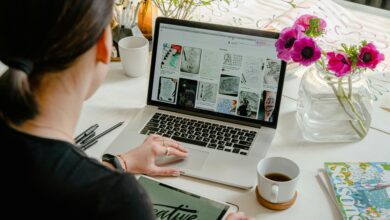What to Bring to a Job Interview – Complete Checklist
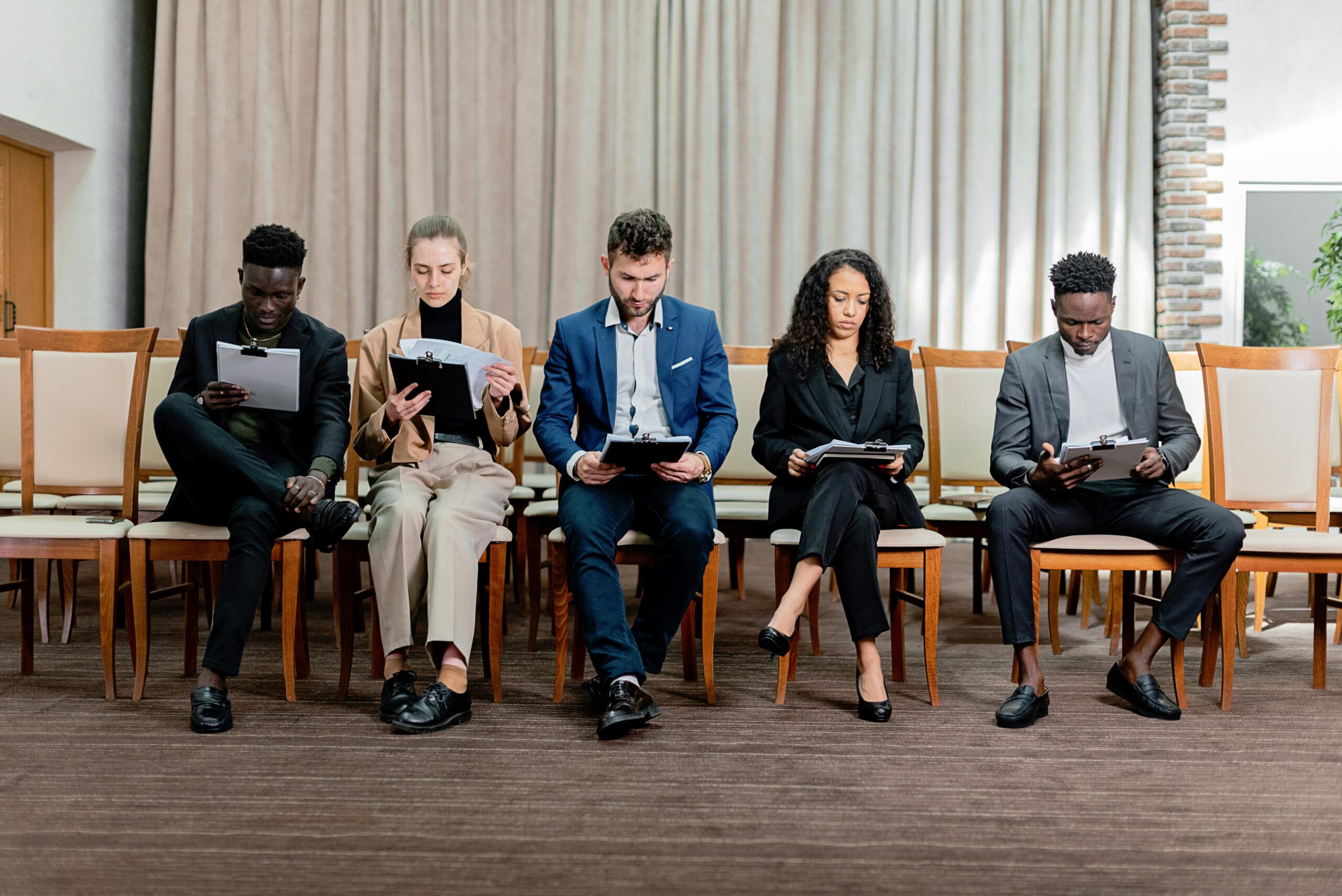
Table of Contents
Navigating the landscape of job interviews can be overwhelming, especially for those entering the workforce or transitioning to a new career. Did you know that 33% of employers cite a candidate’s preparedness as the top reason for rejection? Having the right items in your arsenal can not only boost your confidence but also leave a lasting impression on your potential employer. In this article, we’ll explore everything you need to know about what to bring to a job interview, ensuring you’re fully prepared to showcase your qualifications effectively.
The Importance of Preparation
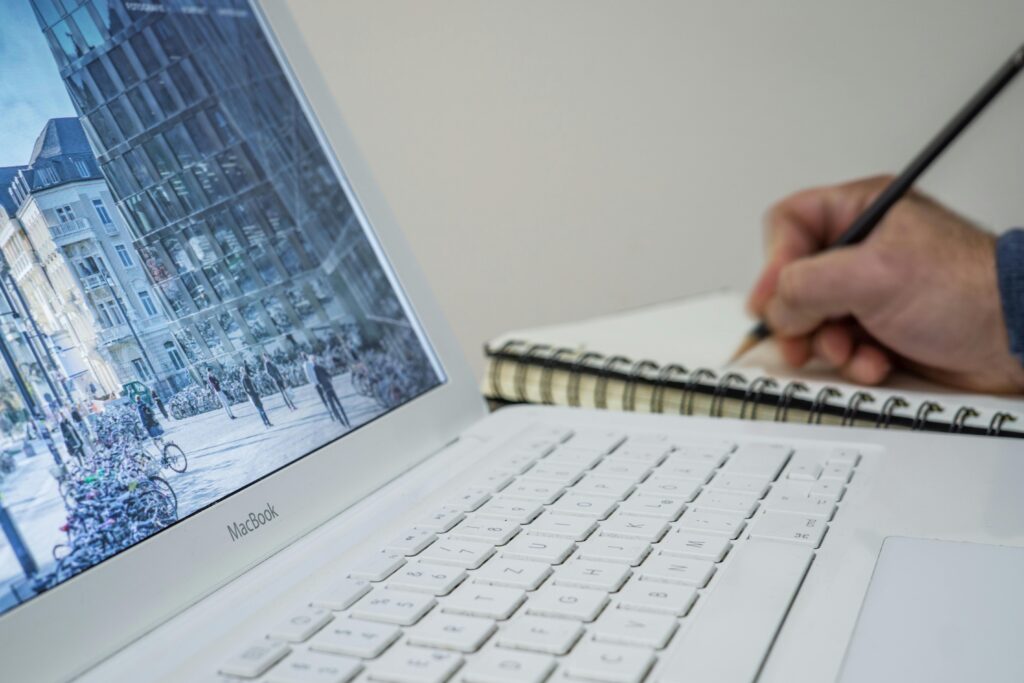
Before delving into the specifics of what to bring to a job interview, it’s crucial to understand the significance of being prepared. Arriving with well-organized materials demonstrates to employers that you are serious about the opportunity.
Common Reasons Candidates Fail
- Lack of Preparation: Candidates often arrive without the necessary materials, which can suggest a lack of interest or seriousness.
- Unprofessional Conduct: Forgetting to research the company can lead to awkward conversations or even getting basic details wrong.
- Failure to Follow Up: Not having a system in place after the interview to send thank-you notes or follow-ups can lead to missed opportunities.
Now that we’ve established the importance of preparation, let’s look at the essential documents and items you should bring.
Essential Documents to Bring
1. Multiple Copies of Your Resume
It’s essential to have several copies of your resume on hand, regardless of whether you’ve already submitted one online. This ensures you can provide a copy to each interviewer. Tailor your resume to the job description to highlight the most relevant experiences and skills.
2. Cover Letter
While you may have sent a cover letter with your application, bringing a copy shows you are organized. Additionally, a cover letter helps provide context to your resume and highlights your interest in the position.
3. References List
Prepare a list of references who can vouch for your skills and work ethic. Ensure that your references are notified in advance and are aware they might be contacted.
4. Portfolio of Work (if applicable)
In creative fields such as graphic design, marketing, or writing, showcasing a portfolio can differentiate you from other candidates. Include your best work samples and ensure they are neatly organized.
5. Educational Certificates and Transcripts
If applicable, bring copies of any relevant educational qualifications. While it may not be necessary for all positions, having them available can provide a competitive edge.
Practical Items to Consider
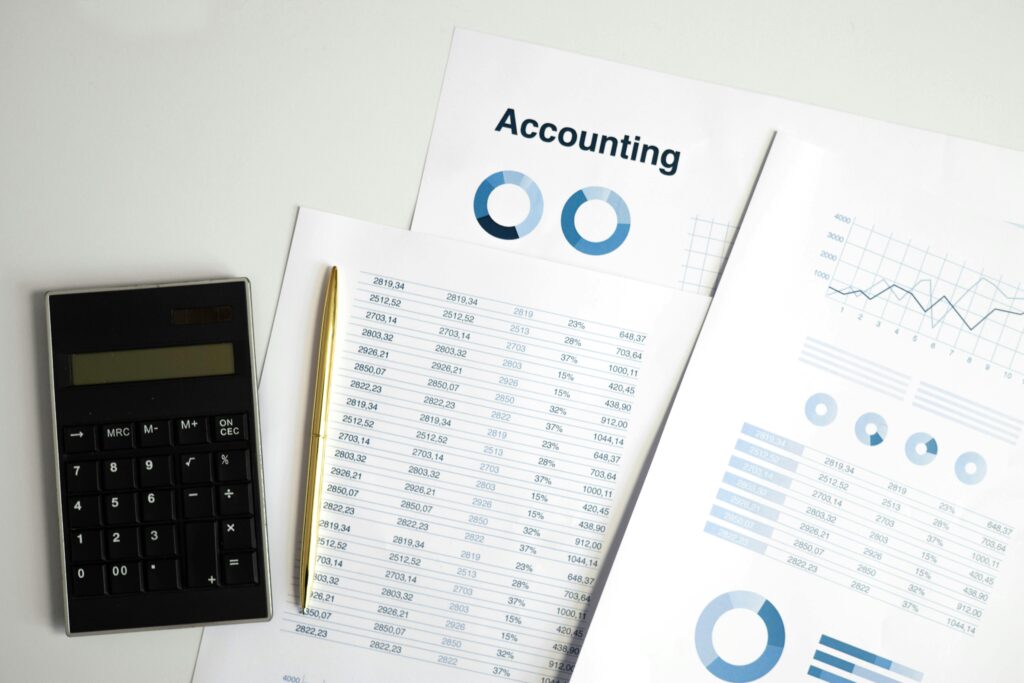
1. Notepad and Pen
Taking notes during the interview can be beneficial. It reflects your engagement and allows you to jot down key points, questions you may have regarding the company, or essential details about the job role.
2. Business Cards
If you have business cards, bring them along. This allows you to easily share your contact information with interviewers, making it simple for them to reach out later.
3. Breath Mints / Chewing Gum
A fresh breath can enhance the effectiveness of your communication. Ensure you have a mint or gum accessible (just remember to dispose of the gum before the interview starts).
4. Personal Grooming Items
Consider bringing a small comb, a lint roller, or a compact mirror to ensure you look polished before the interview, especially if you’re traveling to the location.
Preparing for the Unexpected
1. Questions to Ask
Bring a list of thoughtful questions to ask the interviewer. This demonstrates your interest in the role and helps you assess whether the position aligns with your career goals. Questions might include:
- What does a typical day in this position look like?
- What are the biggest challenges the team is currently facing?
- How is success measured in this role?
2. A Plan for Transportation
Arriving late can have a negative impact on your interviewer’s perception of you. Make sure you have a reliable plan for getting to the interview, whether that involves public transport, rideshare, or your own vehicle.
3. Directions and Contact Information
While GPS is reliable, it’s still advisable to have a printed map or written instructions in case technology fails. Also, keep the contact details of the company handy in case you need to call for directions or if you’re running late.
The Role of Personal Branding
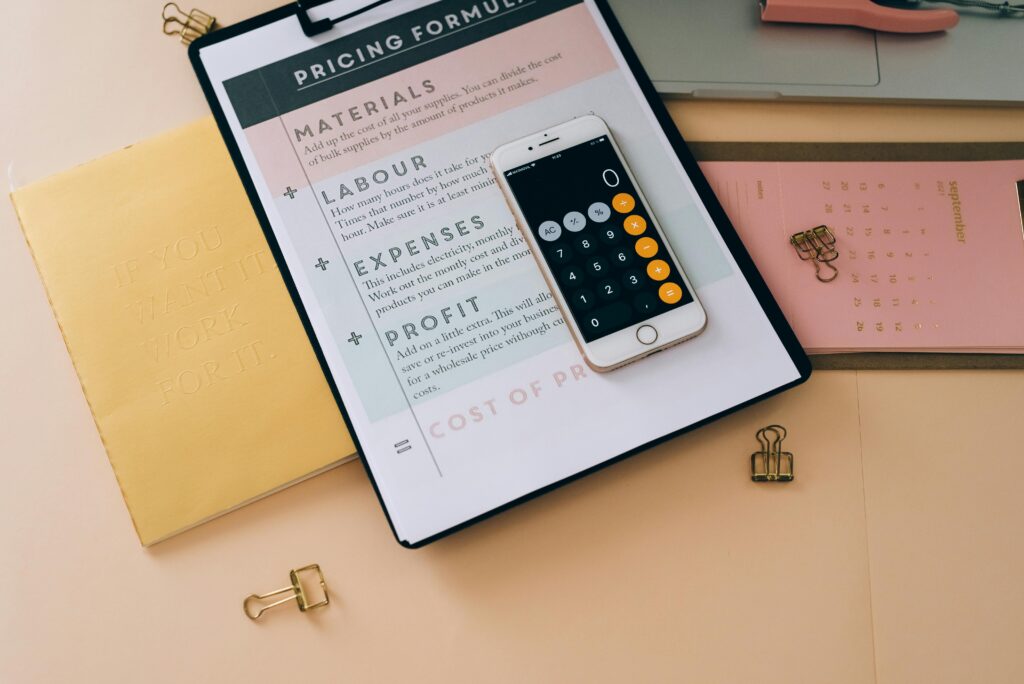
1. Dress Code Appropriateness
While it’s always beneficial to dress professionally, it’s also essential to understand the company culture. Tailor your attire to the company’s branding, and when in doubt, err on the side of being overdressed.
2. Confidence in Presentation
Walking into an interview with the right mindset can make all the difference. Practice your pitch, maintain eye contact, and be conscious of your body language.
Final Preparations: The Day Before
1. Review Company Details
Familiarize yourself with the company’s mission, values, and culture. Knowing this information can help you tailor your responses and demonstrate your genuine interest in the organization.
2. Get a Good Night’s Sleep
A well-rested mind performs significantly better. Ensure that you get adequate sleep the night before the interview so that you can be alert and focused.
Conclusion: Your Path to Success
Preparing for an interview is as much about your mindset as it is about the materials you bring. By equipping yourself with the right documents, engaging in pre-interview preparations, and demonstrating professionalism in your demeanor, you pave your path to success.
Key Takeaways
- Bring Multiple Copies: Always have several copies of your resume and cover letter.
- Be Ready for Questions: Prepare thoughtful questions to ask during the interview.
- Present Yourself Well: Pay attention to your attire, grooming, and body language.
Now that you’re equipped with the knowledge of what to bring to a job interview, it’s time to sequester your nerves and step into that interview room with confidence.
Have you had a particularly memorable job interview experience? Share your story in the comments below or ask any questions you have about interview preparation. For more tips on career development and job searching strategies, be sure to explore our other resources!


